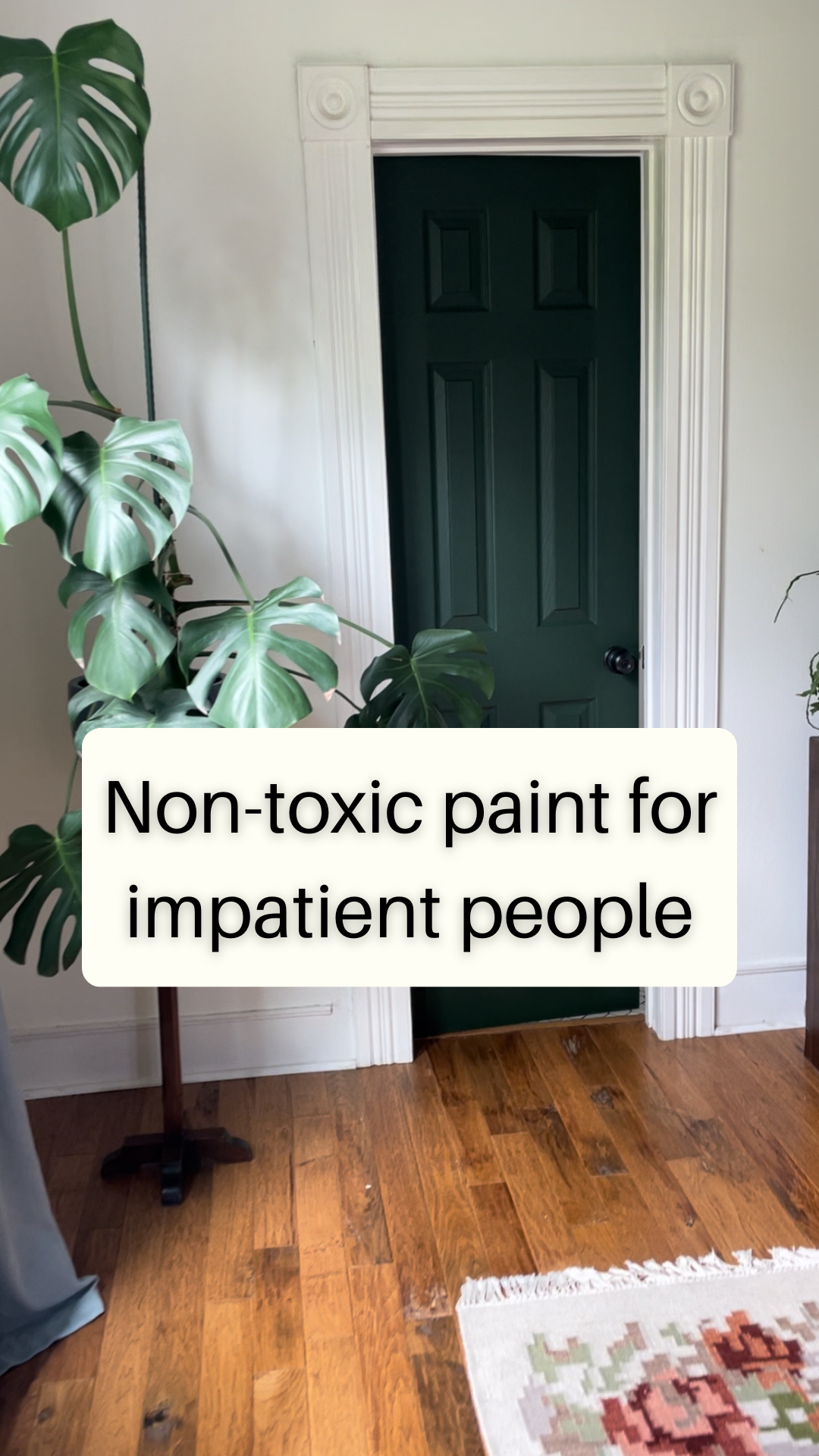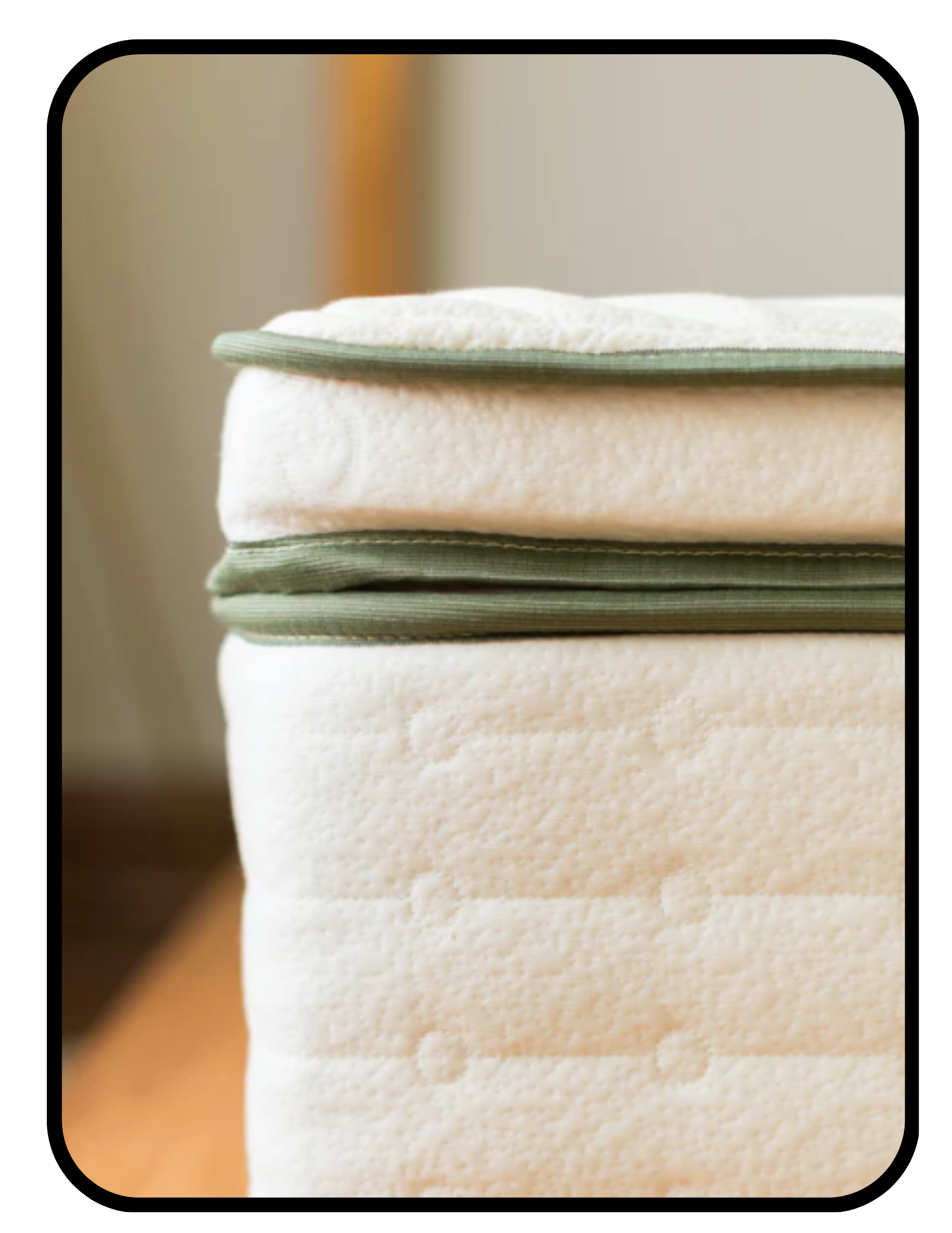Shop by Room Whole Home About ➜ Learn ➜ Volatile Organic Compounds (VOCs)
Volatile Organic Compounds (VOCs)
Click bolded statements for links to research.
What are VOCs?
VOC is short for Volatile Organic Compounds. They are super tiny chemicals that are lighter than air. They are easily released from their sources into the air around them. Importantly, “organic” refers to carbon-based chemicals, not what you might normally think of (natural or organically grown foods, for example).
What do VOCs smell like?
VOCs usually have a smell — think of gas, glue, paint, new plastic, new foam— anything that off-gasses. Formaldehyde is probably the best-known VOC. Other common indoor VOCs are benzene, ethylene glycol, and tetrachloroethylene. Off-gassing can continue long after the scent is detectable. And, interestingly, not all VOCs smell.
Why are VOCs harmful?
In the short term, when you’re exposed to VOCs, you might feel eye, nose, and throat irritation. Headaches are a common VOC complaint, and you might have noticed getting one after smelling new paint, for example. They can irritate the respiratory tract and worsen asthma symptoms. VOCs are associated with cancer, liver and kidney damage, and nervous system issues in the long-term.
Why do I like the smell of plastic? Why do I like the smell of gas? And other VOCs…
A lot of people like the smell of obviously-harmful VOCs. Consider the new car smell, fresh plastic, or gasoline— the “smelly chemical” is the VOC benzene, and other, similar, hydrocarbons. They’re carcinogenic! So why would we like the smell of them? There are actually two main theories about this:
Theory 1: smelling benzene releases dopamine, the reward chemical in our brains. It temporarily suppresses our nervous system, not unlike alcohol, causing us momentary euphoria.
Theory 2: smell is the only sense that goes directly to the emotional center in our brains. If we have good childhood memories of fresh plastic, it may activate the same response.
So, if you love the smell of new plastic at home, you’re not alone!
How can I get VOCs out of my home?
You can purchase VOC-free furnishings and use an air purifier that’s capable of capturing VOCs can help reduce your exposure. Open your windows regularly, and minimize your use of fragrance.












